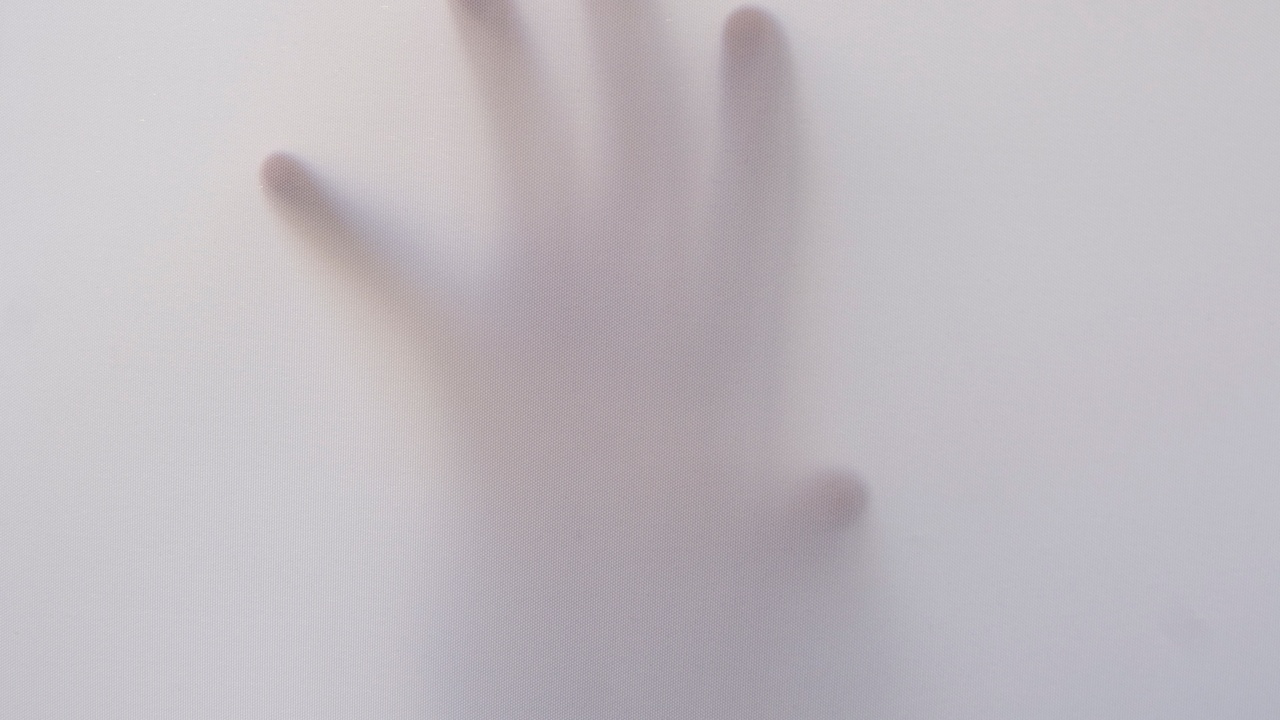
The Ghosts of Christmas Past
Dec 22, 2022When people experience addiction, the discomfort of feeling well can be a challenging and unfamiliar experience. This is because they become accustomed to using their substance of choice or engaging in their addictive behaviour as a way to cope with stress, negative emotions, or other challenges. When they are no longer using or engaging in this behaviour, they will feel uncomfortable as they adjust to a new way of coping.
A comfort zone is a psychological state in which an individual feels safe and at ease.
A comfort zone can be a place, an activity, a group of people or a way of thinking that makes a person feel comfortable and secure. For people experiencing addiction, their comfort zone may involve engaging in the behavior or substance that they are addicted to. This can provide them with a sense of relief or escape from stress or negative emotion.
It is common for people experiencing addiction to reach out to people who were involved in their past behaviour during the early stages of recovery.
This may be because these individuals were a part of their social network and provided a sense of familiarity and comfort. Additionally, people in recovery may feel a sense of loyalty or a desire to maintain relationships with these individuals, even if their behaviour was harmful or unhealthy.
It is important for people in recovery to be mindful of the impact that relationships can have on their recovery journey.
Cutting ties with people who are no longer good for you in early recovery can be a difficult but necessary step in achieving the life style you wish to live. Here are a few tips for doing so:
1. Reflect on the role that these individuals have played in your life and how they have impacted your recovery journey. Consider whether they are supportive of your recovery goals or if they pose a risk to your recovery.
2. Set boundaries and make it clear that you are committed to your recovery. Communicate your boundaries and expectations to these individuals and let them know that you are no longer willing to engage in behaviours or activities that could harm your recovery.
3. Seek support from loved ones and professionals. It can be helpful to have a network of supportive people who can provide encouragement and guidance as you navigate this difficult decision.
4. Seek alternative social activities and hobbies that bring joy and fulfillment to your life. This can help to fill the void left by severing ties with these individuals and provide healthy outlets for socialisation and self-care.
5. Remember that recovery is a process and it is okay to take things one step at a time. It is important to prioritise your own well-being and take the steps necessary to maintain your recovery, even if it means cutting ties with people who are no longer good for you.
The TARA Clinic knows that many people misunderstand addiction, though the reality is that addiction doesn’t discriminate. Addiction isn’t a weakness, an illness you’re powerless over, or a defect of character only plaguing someone with a low socioeconomic background. Addiction is your brain using the tools it has at its disposal, to cope with stress and distress the best way it knows how, in the quickest way possible.

